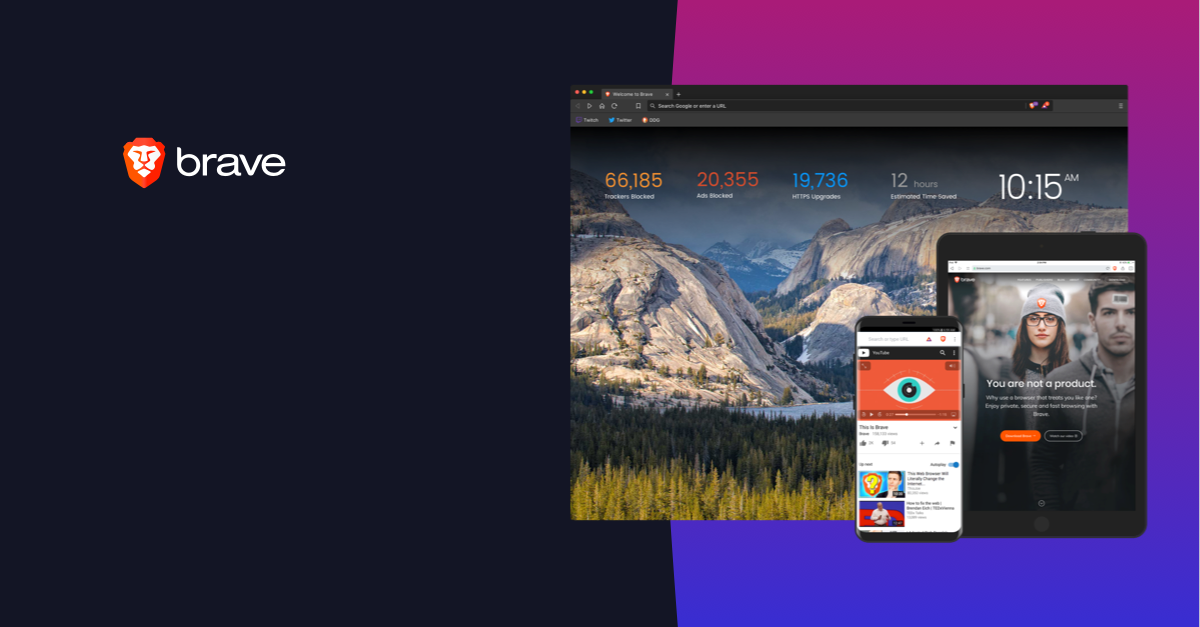In a world that is rapidly becoming more reliant on artificial intelligence, fueled by the immense popularity of ChatGPT and subsequent AI tools, a new study from Workday has revealed a significant trust gap in artificial intelligence in the workplace. .
Employees continue to view AI tools with skepticism compared to their bosses, who are more likely to value opportunities when it comes to business transformation.
Even so, there are still a large number of workers at all levels who need to be convinced. Only six in 10 (62%) senior executives welcome AI, but that number is even lower among employees, at 52%.
AI trust gap demands responsible implementation
The findings also expose the extent to which workers lack trust in their employers when it comes to job security: a fifth (23%) are not sure their organization is putting employees' interests ahead of their own when implementing AI , which gives them the feeling of being out of control.
However, business leaders oppose this idea. Nearly three-quarters (70%) say AI should be developed in a way that easily allows for human review and intervention. Clearly, bosses see artificial intelligence more as a human aid.
Research from Workday CTO Jim Stratton “shows that leaders and employees lack trust and understanding of their organizations' intentions around implementing AI in the workplace.”
Stratton added: “To help close this trust gap, organizations must take a comprehensive approach to AI accountability and governance, with a policy advocacy lens to help strike the right balance between innovation and trust.”
Currently, four in five of the 4,000 employees in 15 countries surveyed by Workday say their company has not yet shared guidelines on the responsible use of AI.
Looking ahead, it is clear that there is a need to implement policies that not only protect employees, but also address their wants and needs in the workplace. The research points to the importance of building ethical standards in AI, which is part of a multifaceted approach to closing the trust gap that currently exists.








